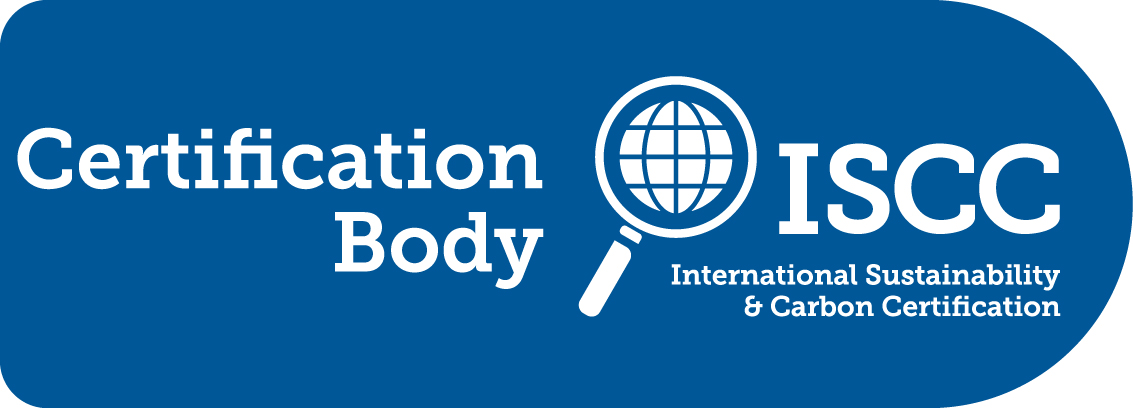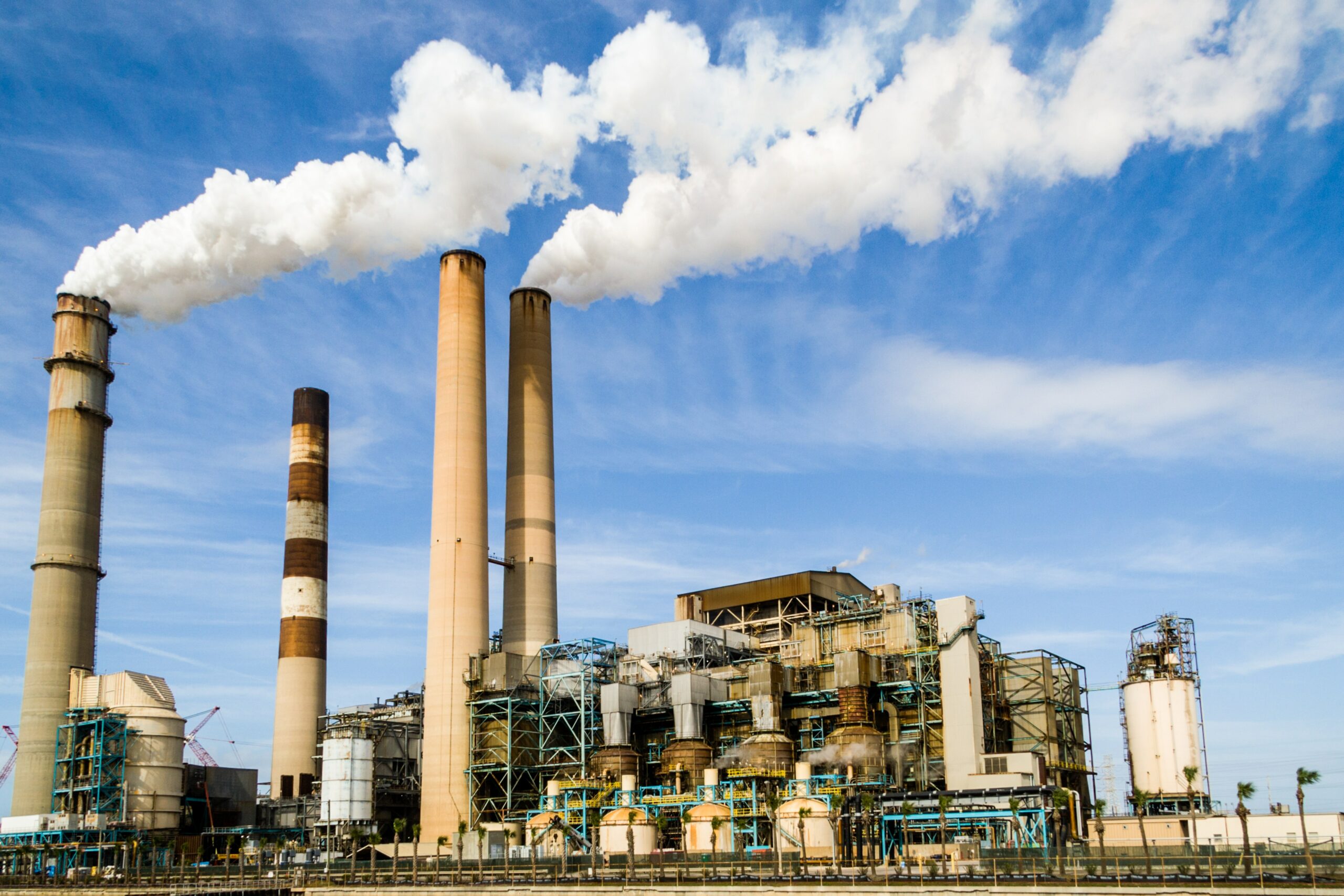
ISCC CORSIA
ISCCは、EUの再生可能エネルギー指令の下で認められた主要な自主的認証制度として、道路・鉄道輸送用の燃料に焦点を当てた制度として既に広く知られています。ISCC制度は、ICAOが設立したCORSIAの要件を満たすため、持続可能な航空燃料(SAF)の対象にも適用可能となりました。

CORSIA制度
気候変動対策
気候変動対策において、国際民間航空機関(ICAO)は温室効果ガス排出量の削減の必要性を認識しています。ICAO加盟国は、航空分野における温室効果ガス排出量の削減に向けた野心的な目標を設定し、これを受けて「国際航空におけるカーボンオフセット・削減制度(CORSIA)」が設立されました。2021年2月以降、Control UnionはISCC CORSIAの認定を受けた最初の認証機関です。
CORSIA対象燃料は、以下の基準を満たす必要があります
ISCC CORSIAスキームにより、燃料生産者およびサプライチェーン上の企業は、CORSIAの持続可能性基準への準拠を証明できるようになりました。
燃料
CORSIA対象燃料は、バイオ燃料や生物由来でない再生可能燃料(廃棄物や合成燃料など)の既知の原料から製造可能です。これらの燃料は、RFNBOs(生物由来でない再生可能燃料)と呼ばれます。

ISCC CORSIA認証取得の利点
Control Unionは第三者認証機関として、ISCC CORSIA認証を取得される企業様へサービスをご提供をしています。
-
Control Unionは、バイオ燃料とバイオマス分野で世界有数の認証機関(80カ国以上に自社オフィスを保有)として、サプライチェーン全体をカバーするサービスを提供可能です
-
ISCC CORSIA認証を取得することで、貴社はICAO加盟国すべてで対象となるSAF(持続可能な航空燃料)の原料または燃料を供給することが可能です
-
有効なISCC CORSIA認証は、持続可能なバイオマス生産、原産地追跡可能性、化石燃料と比較した温室効果ガス削減ポテンシャルの文書化に関するISCC CORSIA要件への準拠を証明します
